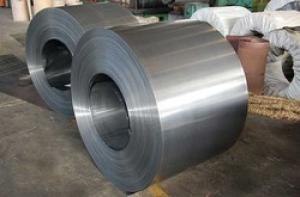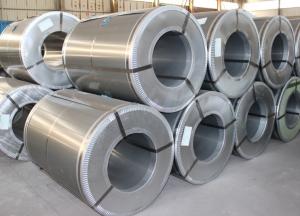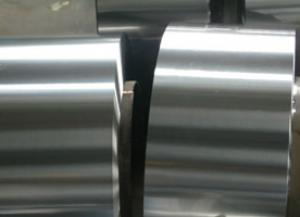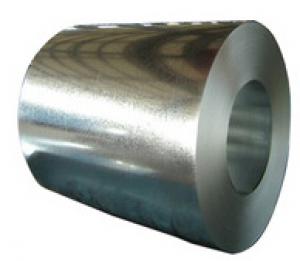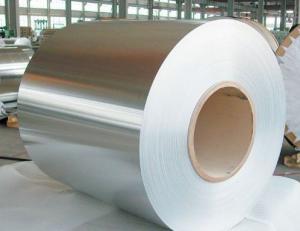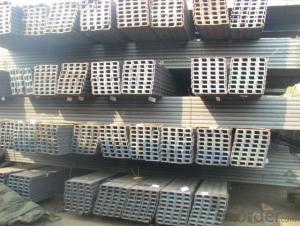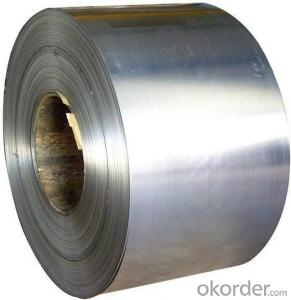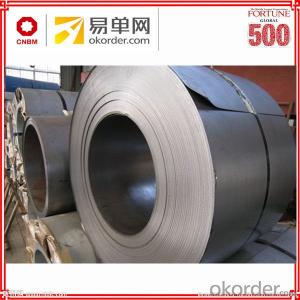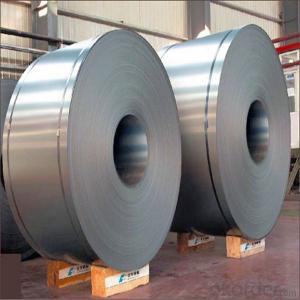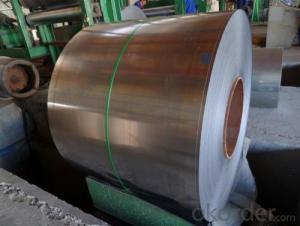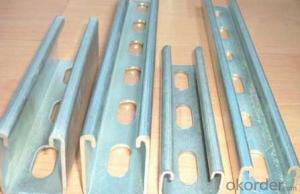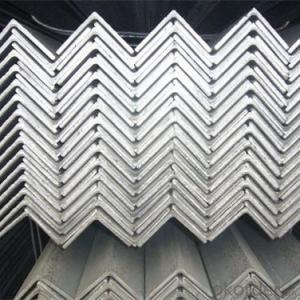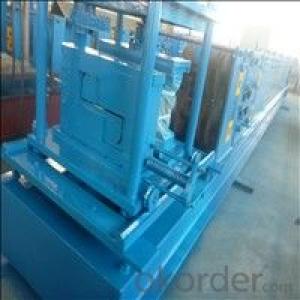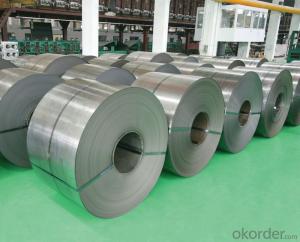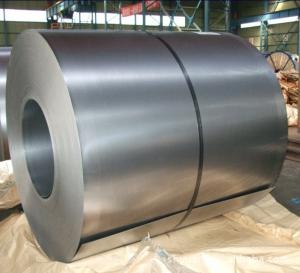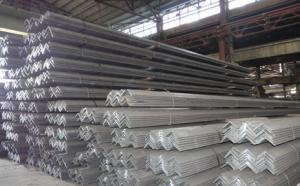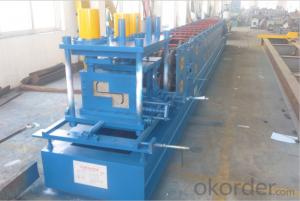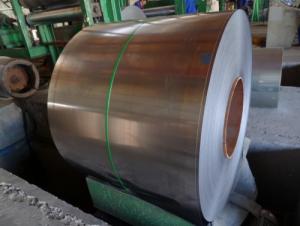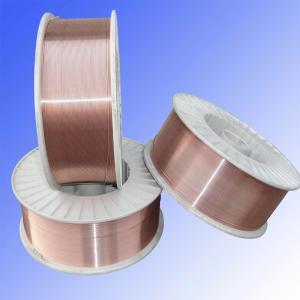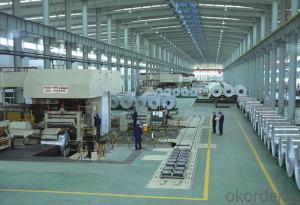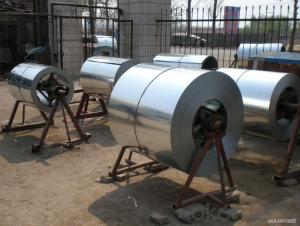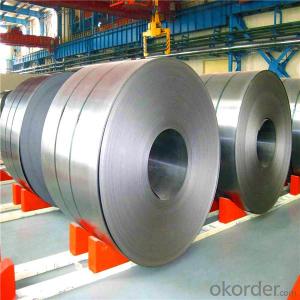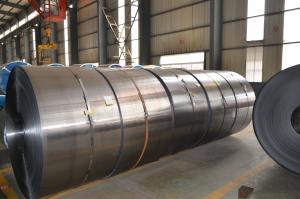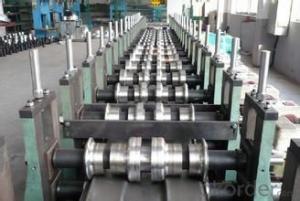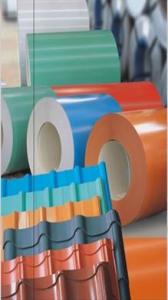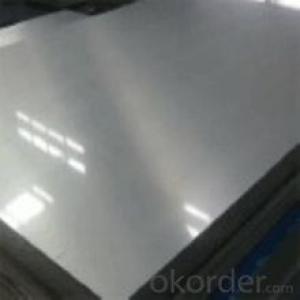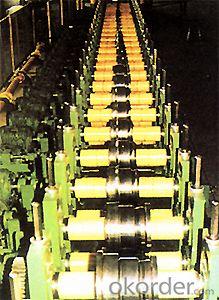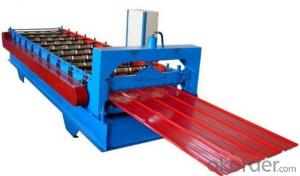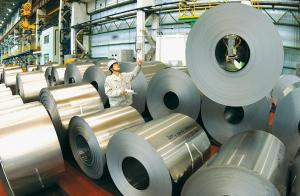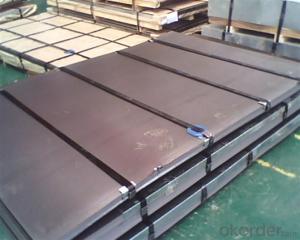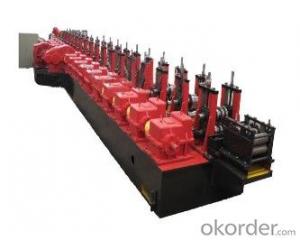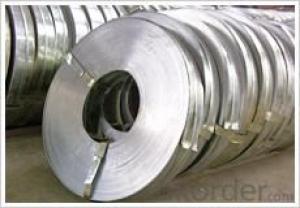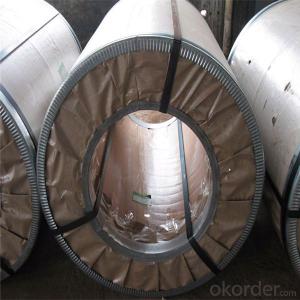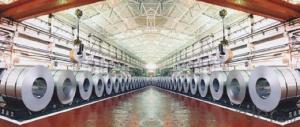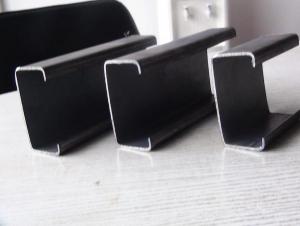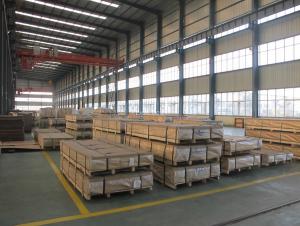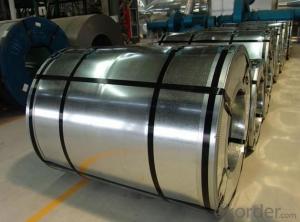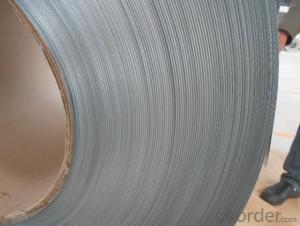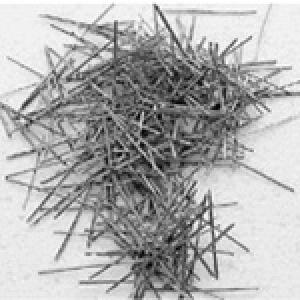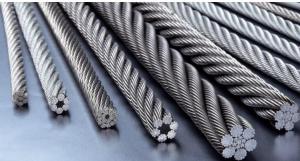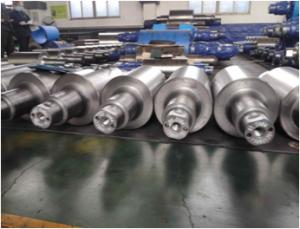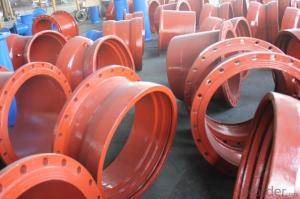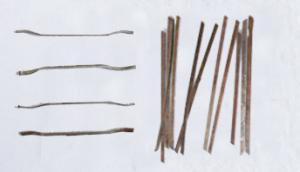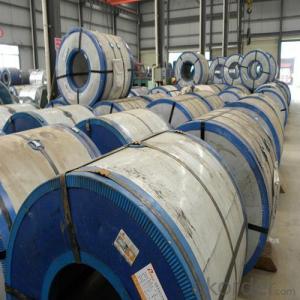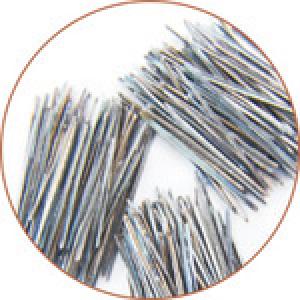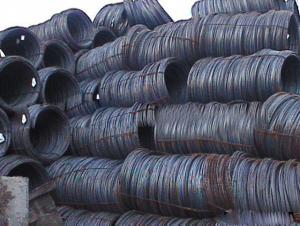Cold Rolled Steel
Cold Rolled Steel Related Searches
Cold Rolled Steel Plate Cold Rolled Steel Sheet Hot Rolled Steel Bilstein Cold Rolled Steel Cold Rolled Steel Price Hot Rolled Mild Steel Cold Rolled Steel Prices Cold Rolled Steel Grades 1018 Cold Rolled Steel Hot Rolled Steel Plate Rusted Galvanized Steel Galvanized Corrugated Steel Corrugated Galvanized Steel Hot Rolled Steel Sheet Galvanized Steel Roll High Speed Steel Weld Galvanized Steel Hot Dipped Galvanized Steel Hardened Stainless Steel Colored Stainless Steel Hot Rolled Steel Prices Hot Rolled Steel Price Stainless Steel Roller Welded Stainless Steel Hot Rolled Steel Futures Galvanized Stainless Steel Blackened Stainless Steel Discolored Stainless Steel Steel Galvanized Rusting Galvanized SteelCold Rolled Steel Supplier & Manufacturer from China
Cold Rolled Steel is a type of steel that has been processed through cold rolling, resulting in a smooth, shiny surface and improved mechanical properties. This product is manufactured by passing steel through rollers at room temperature, which reduces the thickness and improves the steel's strength and ductility. Cold Rolled Steel is widely used in various industries, including automotive, construction, and appliance manufacturing, due to its excellent formability, strength, and corrosion resistance. It is particularly suited for applications where high precision and surface finish are required, such as in the production of automotive parts, household appliances, and structural components.Cold Rolled Steel is extensively utilized in numerous industries due to its superior strength, durability, and versatility. This product is often employed in the manufacturing of precision components, where its consistent thickness and tight tolerances are critical for performance and safety. Additionally, its smooth surface finish and high-quality appearance make it an ideal choice for decorative and architectural applications. The product's ability to be easily formed and welded also makes it a popular choice for various construction projects and industrial equipment.
Okorder.com is a leading wholesale supplier of Cold Rolled Steel, offering a vast inventory to cater to the diverse needs of customers across different industries. With a commitment to quality and customer satisfaction, Okorder.com ensures that the Cold Rolled Steel products they provide meet the highest standards of excellence. Their extensive inventory allows customers to source the exact specifications and quantities they require, making Okorder.com a reliable and efficient choice for Cold Rolled Steel procurement.
Hot Products
